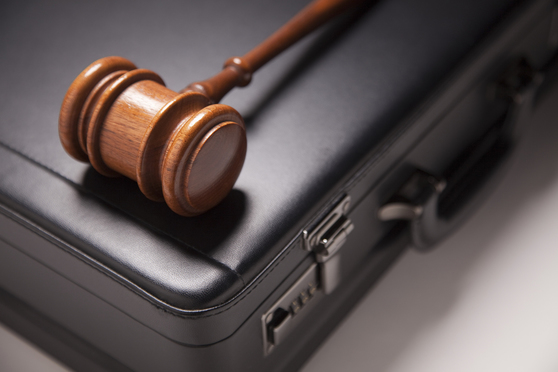In a unanimous, precedential—and exceptional—opinion issued last week in Williams v. BASF Catalysts LLC, No. 13-1089 (3d Cir. N.J. Sept. 3, 2014), the U.S. Court of Appeals for the Third Circuit partly overturned the U.S. District Court for the District of New Jersey and reinstated the fraud and fraudulent concealment claims for asbestos victims and their families in a case against BASF Catalysts LLC, the world’s largest chemical maker. Factually speaking, asbestos victims still have a claim against BASF. Emotionally speaking, this decision is a powerful wake-up call for lawyers who take creative license in stretching, and manipulating, legal privileges beyond the point that ethics and the law allows.
On Sept. 3 in Philadelphia, the Third Circuit revived the plaintiffs’ allegations against BASF and the law firm of Cahill Gordon & Reindel, claiming that the multibillion-dollar company and its lawyers systematically concealed or destroyed tests, testimony and evidence regarding BASF’s knowledge of the presence of asbestos in its talc in order to shield itself from liability. (Specifically, the talc containing asbestos was manufactured by Engelhard Corp., which was acquired by BASF in 2006 for approximately $5 billion.)



